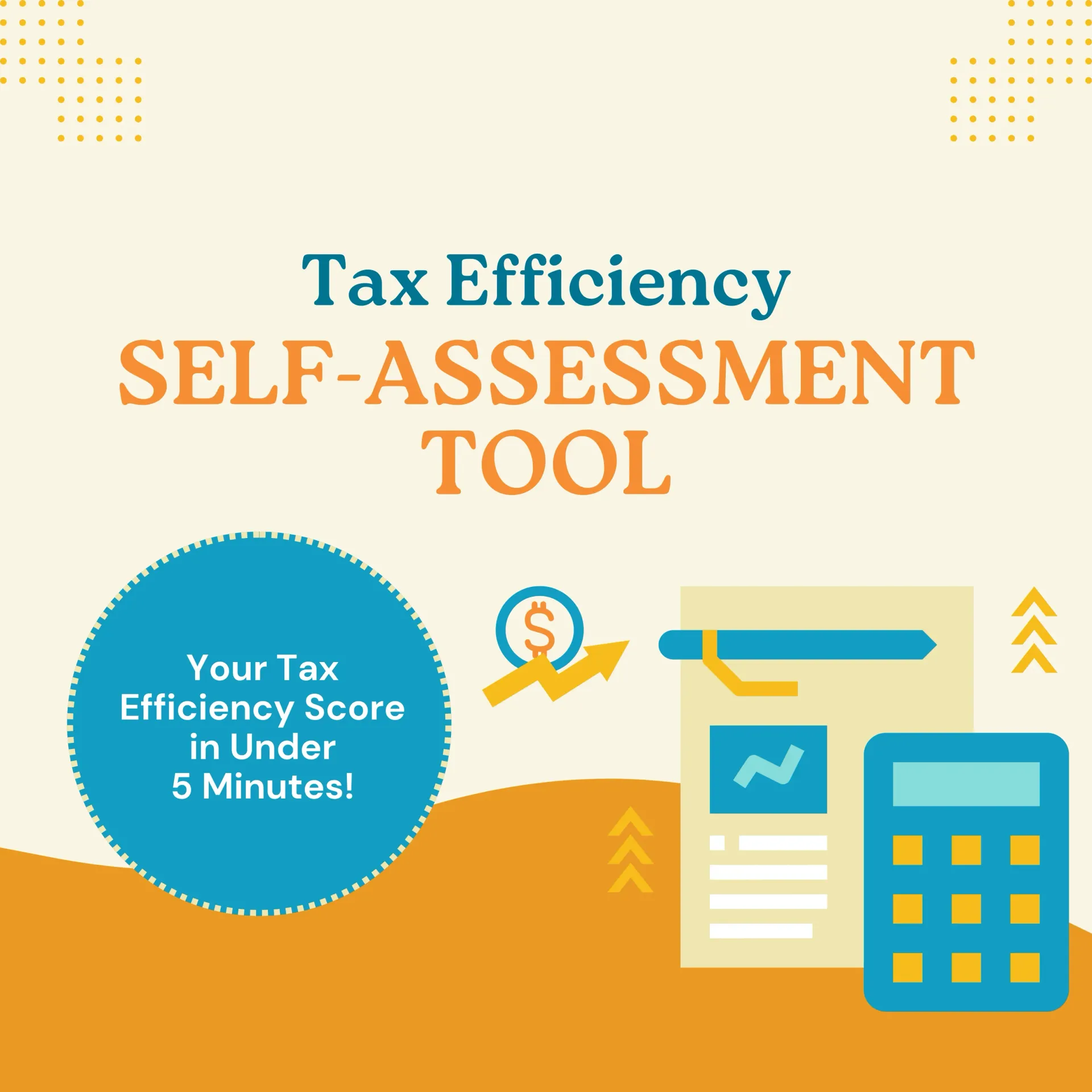How to Secure Funding for Your Startup: Financial Documents Investors Want to See

When it comes to startup funding, it’s not just your idea that needs to shine. Your financial documents have to hold their own too. Investors and lenders aren’t just tossing money at good ideas—they’re backing businesses that look solid on paper. That’s where things like your financial statements for investors, tax strategy, and cash flow planning come into play.
At Straight Talk CPAs, we’ve seen startups with game-changing products miss out on funding simply because their financials weren’t up to snuff. On the flip side, we’ve helped clients land serious capital just by cleaning up their books and preparing investor-ready financials.
Let’s dig into what financial reports you need, how to make them investor-worthy, and which
tax strategies will make your startup more appealing to the people holding the purse strings.
Why Financial Documents Matter More Than Your Pitch Deck
You’ve got a slick pitch deck, maybe even a prototype. But before an investor says “yes,” they’re going to want to see the numbers. Real, reliable, well-organized numbers.
Think of your financial statements like a health check. Investors want proof that your business is viable, scalable, and well-managed. If your income statement is a mess or your balance sheet has gaps, it sends the wrong signal. Worse—no signal at all.
Banks and lenders? Same deal. They want assurance that you can repay what you borrow, and they’ll judge that through your startup loan documents and historical financials.
Core Financial Reports Every Investor Wants
These are the must-haves. No skipping.
1. Income Statement (aka Profit and Loss Statement)
Shows your revenue, expenses, and whether you're turning a profit—or just burning through cash. Investors use this to gauge if your revenue model actually works.
Pro Tip from Straight Talk CPAs: Separate your operational and non-operational income. It tells a clearer story and helps investors spot what’s driving your core business.
2. Balance Sheet
A snapshot of your startup’s financial position. Assets, liabilities, and equity—laid out clean. A strong balance sheet shows you’re managing resources well, and you’re not over-leveraged.
3. Cash Flow Statement
Arguably the most underrated report. It tracks how money flows in and out. A lot of startups go under not because they weren’t profitable, but because they ran out of cash. Lenders especially care about this one.
4. Financial Projections
Give investors a sense of your future. Usually a 3- to 5-year forecast, covering revenue, expenses, and margins. Be realistic here. Optimism is great, but over-inflated projections are a red flag.
Supporting Docs That Build Confidence
Aside from the big three, here are a few extras that go a long way:
- Cap Table: Details who owns what in your startup. Super important if you're in early rounds and plan to raise more later.
- Business Plan with Financials: Investors still love seeing a solid business plan—especially one with clear, believable financial assumptions.
- KPIs and Metrics: Things like customer acquisition cost, churn rate, lifetime value—these show you know your business inside and out.
Tax Strategies That Make You Look Smart (and Save You Money)
Taxes might not be the sexiest topic, but strategic tax planning can make a big impression on investors. It signals that you’re not just winging it—you’re managing your startup with long-term thinking.
Here’s how to make it work in your favor:
1. Entity Structure Optimization
The way your startup is set up—LLC, S-Corp, C-Corp—has tax implications. For example, a Delaware C-Corp is often preferred by venture capital firms because of its simplicity in issuing shares and dealing with equity. But if you’re bootstrapping and looking for tax efficiency, an S-Corp might be a better fit.
Talk to a CPA who understands startup tax strategy. A misstep here can cost you down the road.
2. R&D Tax Credits
If your business is developing software, tech, or any innovation, you might qualify for research and development tax credits. These can offset payroll taxes or income tax—real money back in your pocket.
3. Deductible Startup Expenses
Things like legal fees, office supplies, software subscriptions—they’re all potential write-offs. Keeping track of these from the start gives your CPA more to work with when tax season rolls around.
Real-Life Example: How Clean Books Secured $500K in Funding
One of our startup clients came to us after being turned down by two angel investors. Great product. Great pitch. But their QuickBooks was chaos, and their projections were all guesswork.
We stepped in, cleaned up the books, built out a clear three-year forecast with proper expense categorization, and restructured their balance sheet. Within three months, they secured $500,000 in seed funding.
That’s the power of investor-ready financials. And it’s not rocket science. It’s about clarity, consistency, and credibility.
Common Mistakes That Spook Investors
Let’s call out a few red flags that turn off potential investors or lenders:
- Missing or outdated financials
- Unrealistic projections
- No understanding of burn rate
- Messy or incomplete cap table
- Mixing personal and business finances
Each of these issues erodes confidence. And once that’s gone, so is your shot at funding.
The Role of a Startup-Savvy CPA
There’s a big difference between a general accountant and one who understands startup dynamics. At Straight Talk CPAs, we don’t just file your taxes—we help you present your financial story in a way that makes sense to investors.
From structuring your books to advising on deductions and compliance, we give you the confidence to walk into that pitch meeting (or loan interview) fully prepared.
And let’s be honest—there’s enough stress in running a startup. Getting professional help with your financials is one less thing to lose sleep over.
Final Thoughts: Get Your House in Order Before You Knock on Doors
Securing funding doesn’t happen by accident. It’s a result of preparation, strategy, and yes—great financial documentation.
When your numbers line up, your tax plan makes sense, and your projections hold water, you’re not just asking for money. You’re showing investors that you’re a business worth betting on.
At
Straight Talk CPAs, we help startups like yours build financials that speak investor language. If you’re getting ready to raise funds or apply for a loan, let’s make sure your back-end is as strong as your big idea.
Discover Your Tax Savings Score in Minutes!


Salim is a straight-talking CPA with 30+ years of entrepreneurial and accounting experience. His professional background includes experience as a former Chief Financial Officer and, for the last twenty-five years, as a serial 7-Figure entrepreneur.




